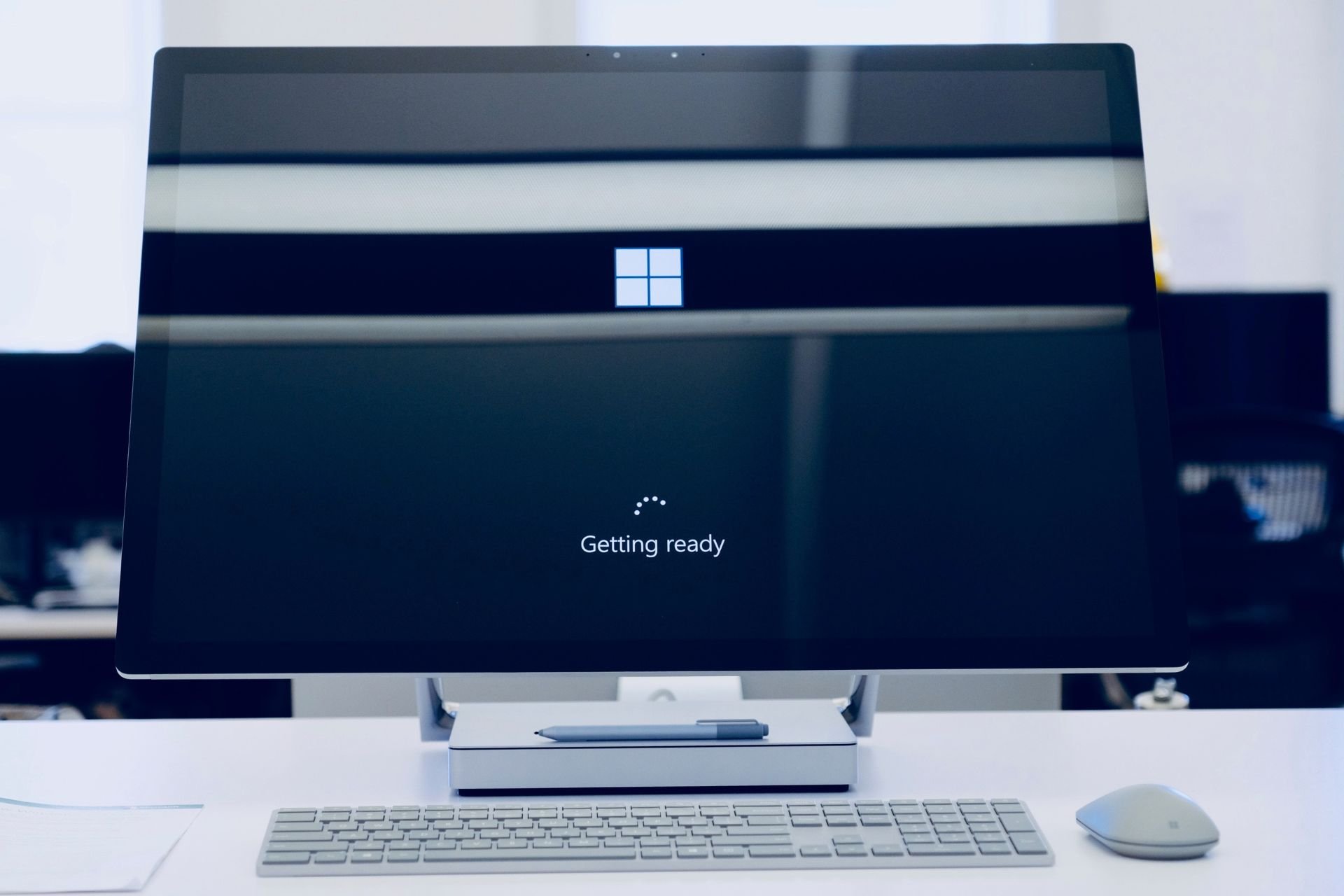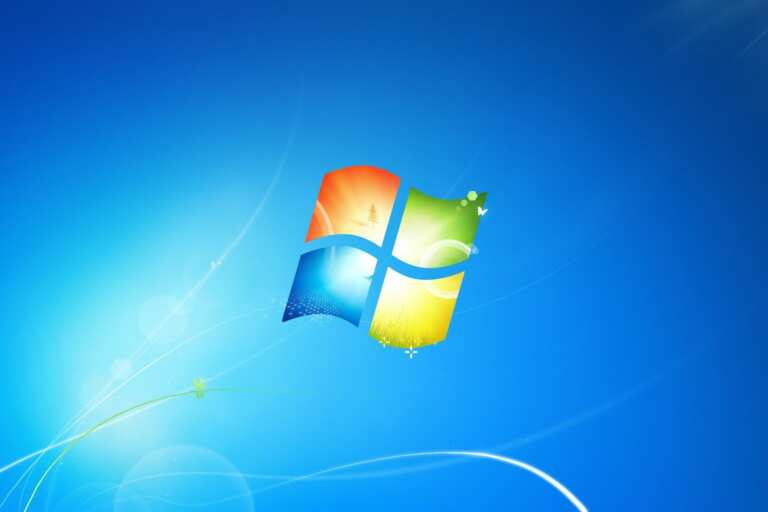Readers help support Windows Report – Your go-to source for PC tutorials. When you make a purchase using links on our site, we may earn an affiliate commission.
Read the affiliate disclosure page to find out how can you help Windows Report – Your go-to source for PC tutorials effortlessly and without spending any money. Read more
The latest updates to Windows 10 22H2 (KB5034203) and Windows 11 23H2 (KB5034204) might cause serious issues to those devices running these Windows versions while geared up with Core 2 Duos & Quads processors, as well as earlier Intel Series CPUs, as several users complained native Windows apps, such as Calculator, Calander, Feedback Hub, Groove Music, Movies & TV, Paint 3D, People, Photos, Tips, Voice Recorder were rendered unusable after installing these updates.
One user, in particular, found out that these apps, and possibly even more, are no longer working on machines equipped with these processors, and without a warning, installing the updates on them made them unusable.
Calculator, Calander, Feedback Hub, Groove Music, Movies & TV, Paint 3D, People, Photos, Tips, Voice Recorder and possibly some others remain broken. By trying to open them one receives a quick black window that closes directly.
From the user’s research the Core 2 Duos & Quads processors, and some of the earlier Intel Series CPUs, although they don’t specify which ones exactly, are potentially affected.
After further research on older generation CPU`S such as the CORE 2 DUOS & QUADS plus some of the earlier gen I SERIES CPU`S. I feel that the Microsoft Developers of these Updates have not included the INSTRUCTION SWITCHES within these updates to continue full functionality with the CPU`S EMBEDDED INSTRUCTION SETS.
Windows user
While Microsoft hasn’t commented on the issue, the Redmond-based tech giant is constantly updating the list of supported processors for the latest Windows updates.
For example, for Windows 10 22H2, you can find the list of the supported processors here.
For Windows 11, 23H2, you can find the list of the supported processors, as follows:
Before installing any new Windows updates on older CPUs, make sure to check the lists, to see if your device is supported, especially if you have an older device.
And for now, the best solution would be to avoid installing new Windows updates, until Microsoft confirms the issues.
This could be a singular case because only a few users have been complaining about this issue, but if you notice the issue on your devices, be sure to let us know, in the comments section below.




Leave a Comment